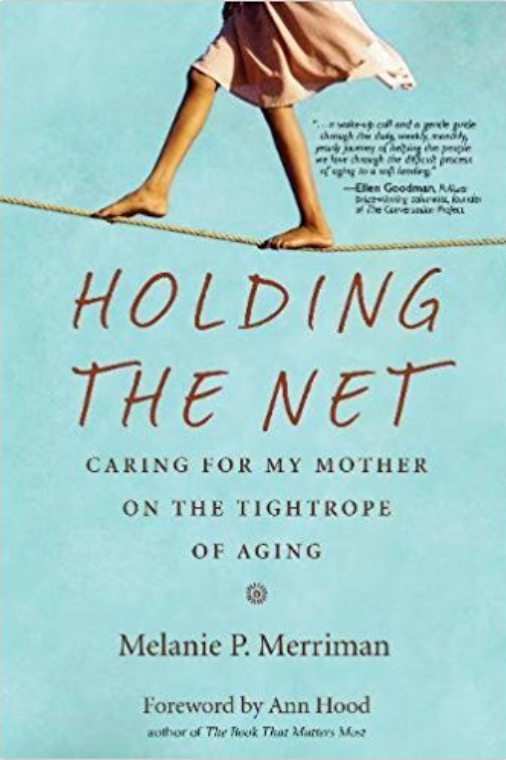Today on our show, we’re talking about a container, which is a cool way to structure a story. It’s a method to tell your entire story while you are contained in a place or period of time. For example, on a plane, in a meeting, or an afternoon at a hair appointment. The goal is for the narrator to take the reader or listener along in the moment while stepping out of the container to tell a much bigger story.
Lorinne Griswold, a listener from San Francisco, submitted her story, Self Care, which details her 20-year-old daughter’s attempted suicide.
Lorinne’s essay starts right before her hair appointment and ends when she leaves that appointment. The story is told while Lorinne is sitting in the stylists chair. She expertly takes us in and out of that appointment so we feel like we are sitting in the chair with her. We learn so much about her daughter and her past struggles with being a mother. We also learn how she has been dealing with the current situation, and what she has learned.
Lorinne Griswold graduated from St. Mary’s College of California with a B.S. in business and has been working for Chevron for almost 30 years. Lorinne told us she has always used journaling as a creative outlet, but when she started struggling with her oldest daughter a few years ago, journaling became one of the only ways to untangle all the messy feelings in her head. She has filled more than 100 journals but has never shared her writing with anyone. That all changed when she found the Writing Class Radio podcast and realized that she wasn’t the only one using writing to work out her SH!T. Listening to others be vulnerable and honest gave Lorinne the courage to write and submit her own story.

















